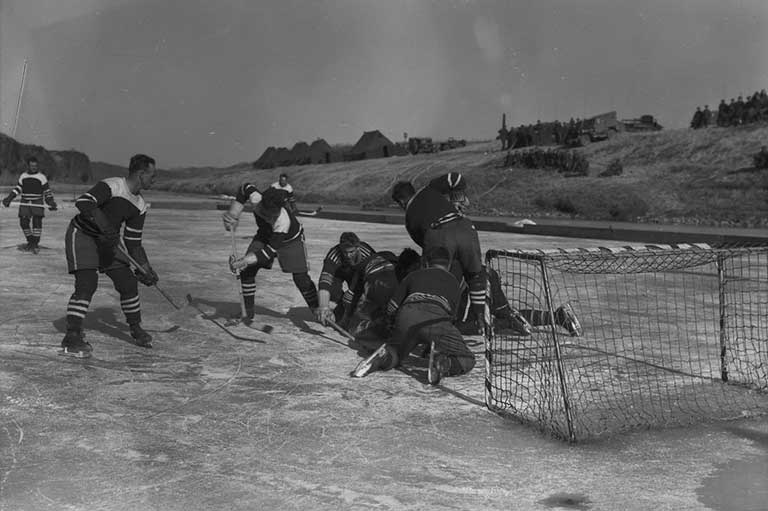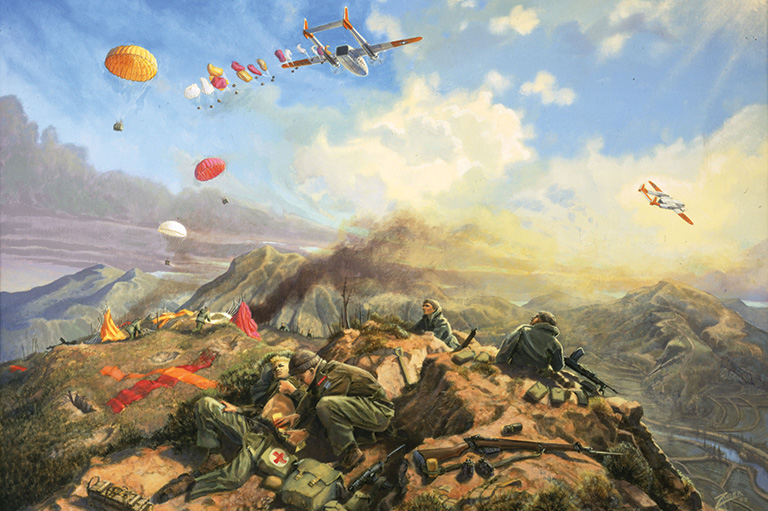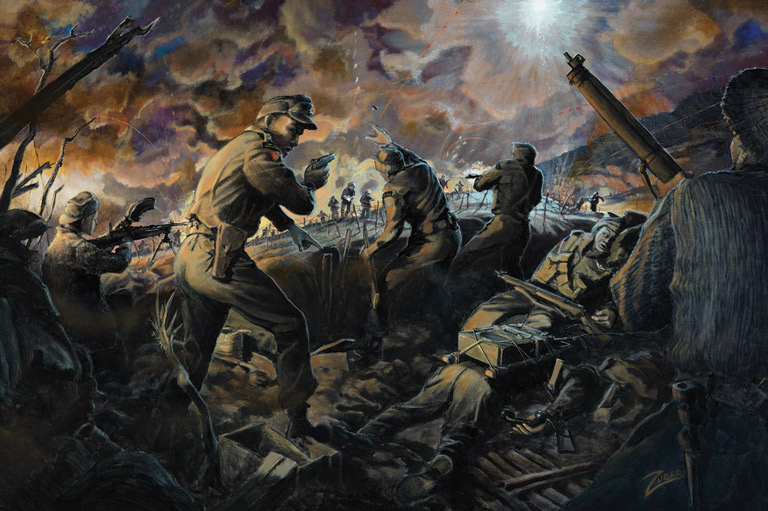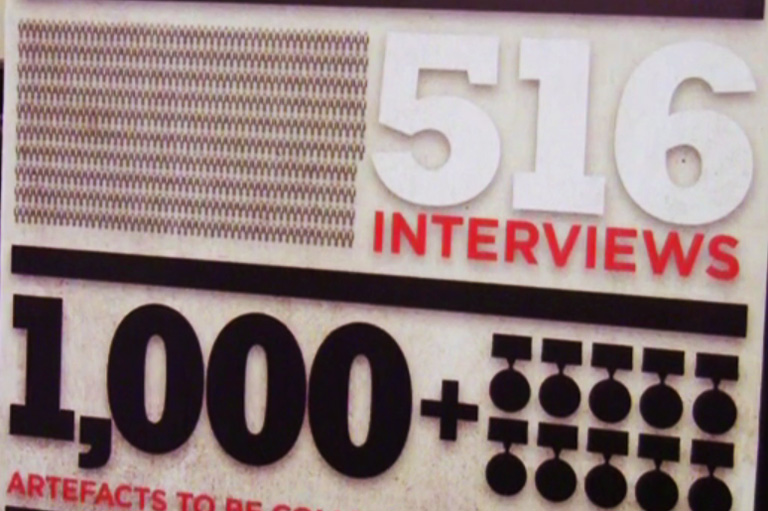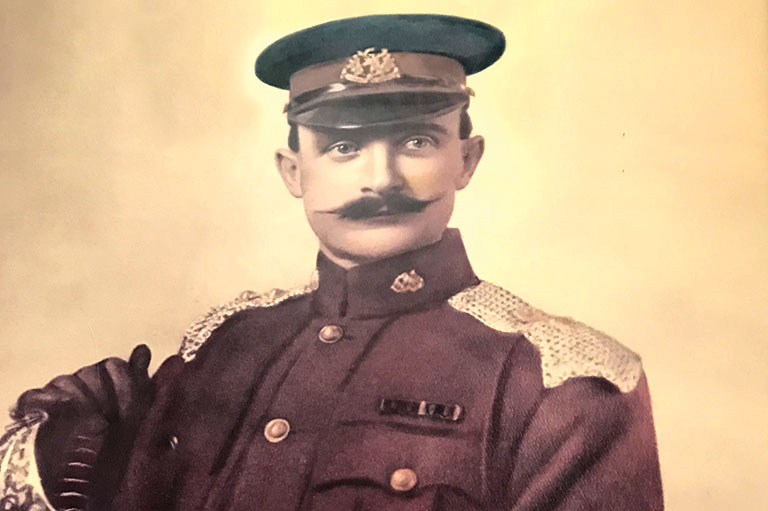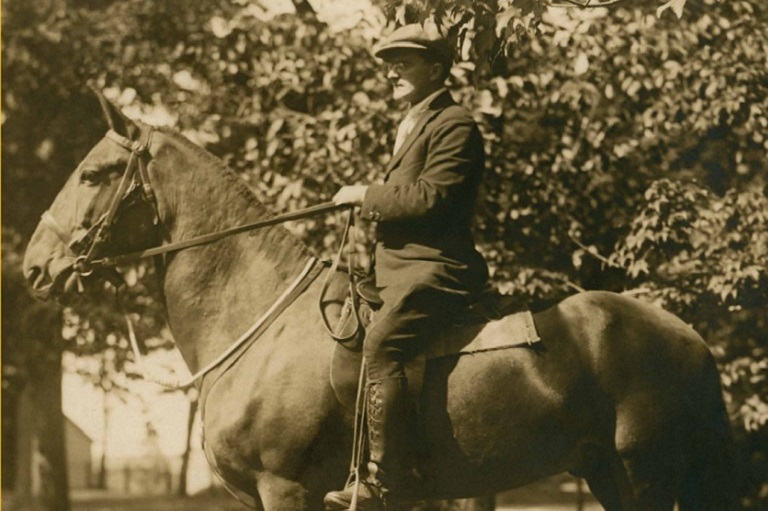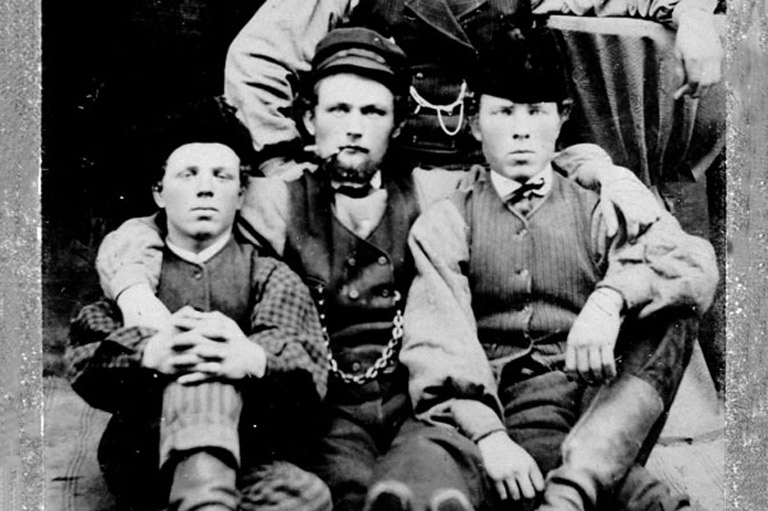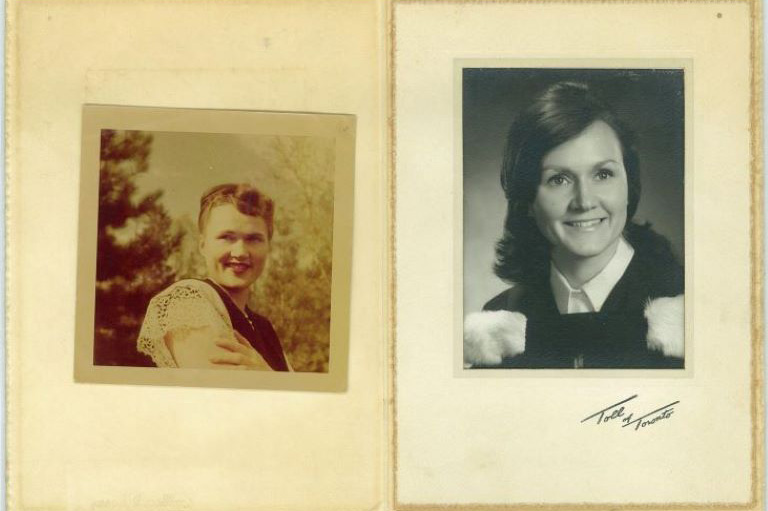Korea: 1951
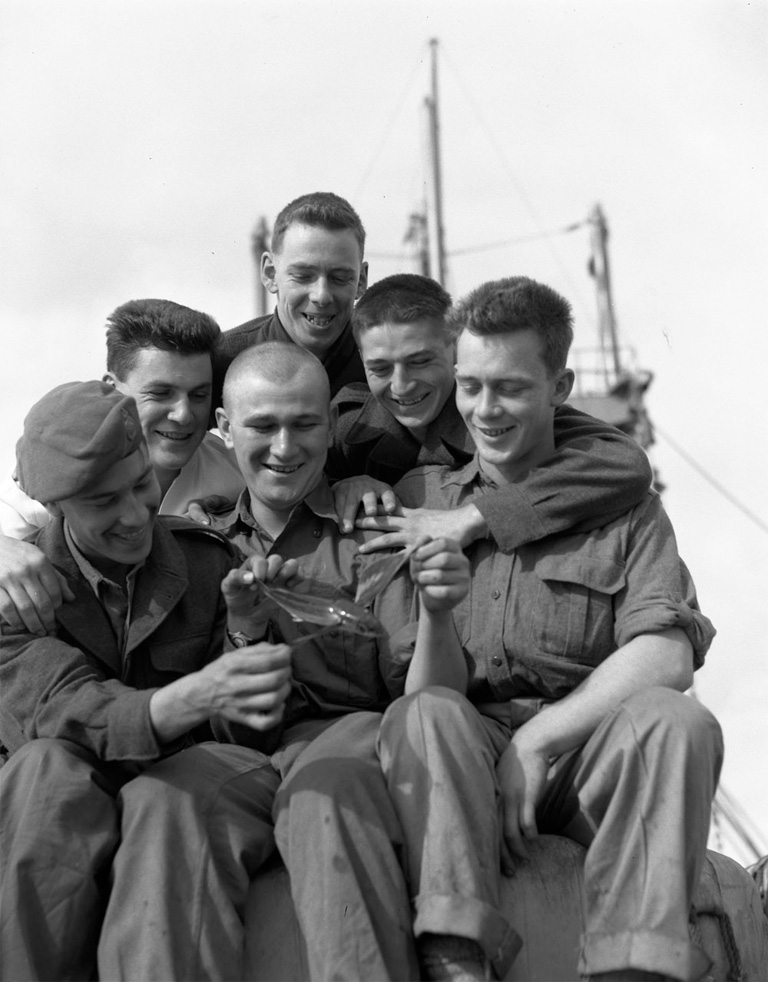
Fighting as a member of the United Nations, Canada contributed over twenty-six thousand soldiers to serve in Korea. Five hundred and sixteen Canadians lost their lives bravely pursuing the goal to put an end to the violence between North and South Korea, and to restore peace to the two nations.
Hostilities arose between North Korea’s Communist government and South Korea’s Democratic one in 1950 when North Korea’s military forces breached the thirty-eighth parallel and invaded South Korea.
Determined to prevent a Third World War, the United Nations sent sixteen of its member nations, Canada among them, to intervene. The United Nations countries defended South Korea against the threat of North Korea, whose forces were joined by China’s People’s Liberation Army.
Canada contributed destroyer vessels in 1950, and the first ground troops left for Korea that November.
At first, it was uncertain whether or not Canadians would see combat, but it quickly became clear that Canada would, indeed, be engaging in battle.
Canada’s greatest victory of the Korean War was the Battle of Kap’yong. In April 1951, Chinese forces moved towards the Kap’yong Valley; if overtaken, it would provide them with a direct route to the South Korean capital of Seoul. American and South Korean forces had previously defended the area, but retreated as China drew nearer.
Upon hearing news that the front was collapsing, Canada rushed to defend Hill 677. Canada planted bombs and traps in hopes of slowing the Chinese forces while awaiting the attack.
In the late evening on April 22, the Chinese army attacked. Canada’s Second Battalion of Princess Patricia’s Canadian Light Infantry were greatly outnumbered; they were mere hundreds up against thousands. The battle lasted for ten hours, and supplies had to be dropped by plane when Canada ran out of food and ammunition.
By morning on April 23, with ten Canadians dead and another twenty-three wounded, the Chinese withdrew. Though it had seemed impossible, Canada had defended the hill.
Unlike their success at Kap’yong, Canadian troops suffered defeat at Chail-li. On May 30, 1951, Canada carried out an operation to scale Hill 467, not realizing that it was one of China’s most well-defended territories. Once they discovered that their mission was an impossible one, Canada retreated. Withdrawal, usually a difficult feat, was successful; Canada’s six casualties and fifty-four wounded soldiers were recovered and rescued from the scene, leaving no soldier behind.
The battle at Hill 355 was another proud moment for Canadians during the Korean War. This battle, too, saw Canada called in to defend an area abandoned by the Americans. Chinese and North Korean forces attacked Hill 355 on November 22, 1951.
Canada’s Second Battalion of the Royal Twenty-Second Regiment struggled to defend the hill in harsh, snowy conditions. The battle lasted ninety-six hours and the enemy nearly overtook the hill more than once. Defeat seemed inevitable, but somehow Canada forced the enemy into retreat. Fifteen Canadians lost their lives in the battle, and another thirty-four were wounded.
Peace negotiations between North and South Korea began in 1951, but were not agreed upon until 1953. The Korea Armistice Agreement was signed on July 27, 1953, putting an end to the hostilities between the two nations. Most Canadians returned home in 1953, but approximately seven thousand peacekeepers would serve in Korea over the next two years in order to ensure lasting peace.
Korean veterans went largely unrecognized for their service despite the bravery shown during the war.
They were not formally recognized as war veterans until the late 1980s when the Canadian government decided that the war was, in fact, a war and not a “conflict”. It was not until 1991 that veterans were awarded medals for their service in Korea.
Today there are monuments in both Canada and South Korea, commemorating Canadian service in the Korean War. Inscribed on the Monument to the Canadian Fallen are the words “We’ll never forget you brave sons of Canada” — a reminder to all that the Forgotten War is one that must be remembered.
Sign up for any of our newsletters and be eligible to win one of many book prizes available.
Themes associated with this article
Advertisement
You might also like...
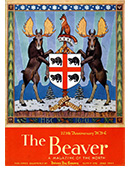
Canada’s History Archive, featuring The Beaver, is now available for your browsing and searching pleasure!

